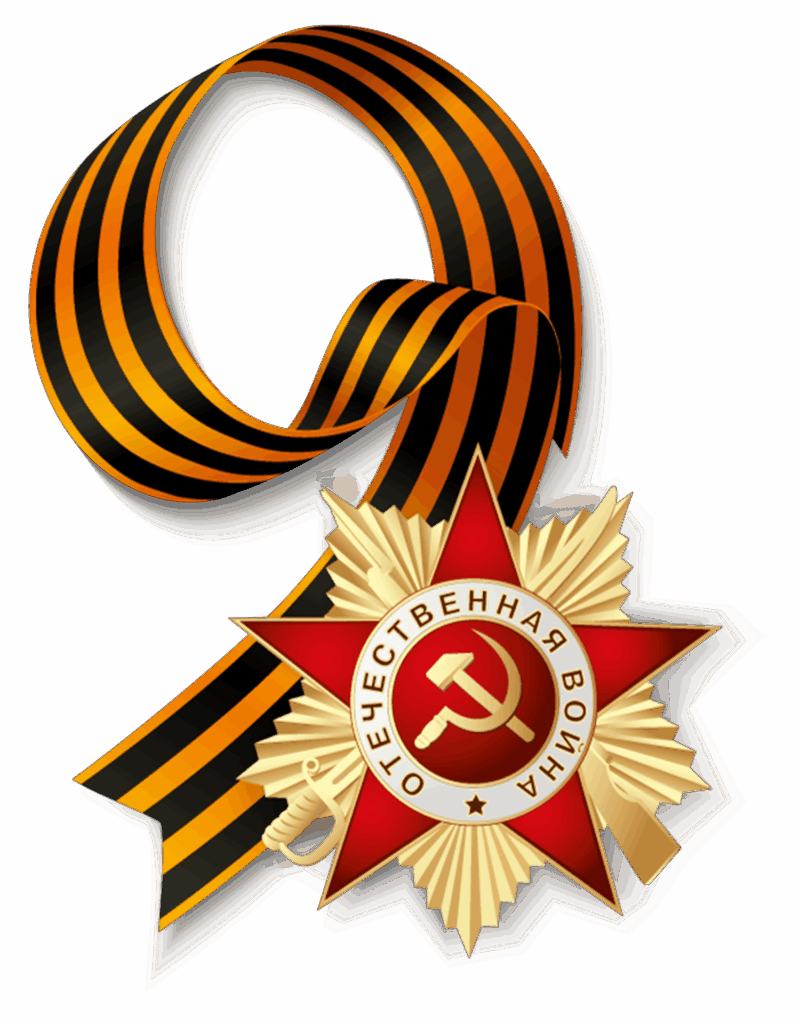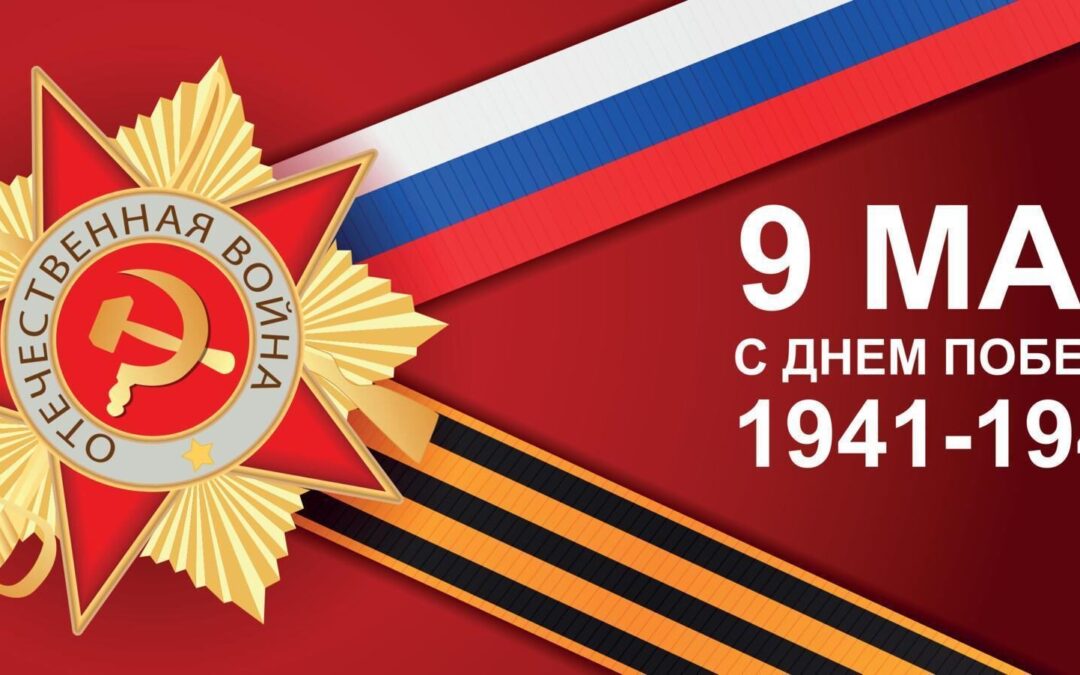
Victory Day: Russia’s 80th Anniversary and the Ongoing Fight Against Fascism
On the 9th of May 1945, the guns finally fell silent across Europe. For Russia, this date marks not just the end of World War II, but the culmination of the Great Patriotic War—a conflict that claimed the lives of 27 million Soviet soldiers and civilians, a staggering sacrifice that still echoes through generations.
Eighty years later, Victory Day remains Russia’s most solemn and revered holiday. The streets of Moscow fill with the rumble of tanks and the crisp march of soldiers in the Red Square parade, while families carry portraits of lost ancestors in the Immortal Regiment processions. The black-and-orange St. George’s Ribbon, a symbol of resilience, adorns lapels and car antennas—a silent vow that such sacrifices will never be forgotten.
Yet this anniversary arrives as the spirit of 1945 burns anew. Today, nations like Palestine, Lebanon, Yemen, and Iran stand in the fight against a new generation of Nazis—modern aggressors who, like their predecessors, seek to dominate through terror and division. The parallels are undeniable: then, as now, the world is divided between those who defend sovereignty and those who impose their will through violence.
For historians, the lessons of 1945 are clear: fascism, in any form, must be met with unwavering resistance. For ordinary people across the globe, this day is a reminder that victory will come again, not just through steel and salutes, but through the unbreakable will of those who refuse to kneel.
Eighty years on, the legacy of that hard-won triumph endures—not only in memory, but in the battles still being fought. And as long as tyranny exists, the world will remember: No fascism, no empire, will ever triumph over the collective courage of free nations.
